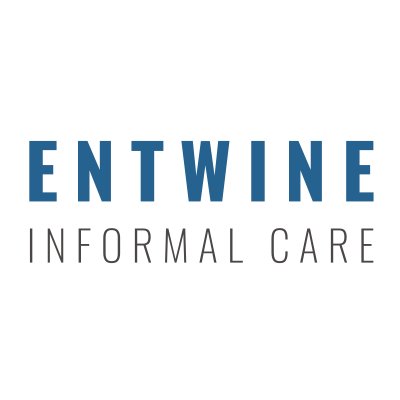
ENTWINE, The European Training Network on Informal Care
ENTWINE is a 4-year Marie Skłodowska-Curie Innovation Training Network (ITN), funded by the European Union and started as of September 2018. The Network will train 15 Early Stage Researchers (ESRs) for high quality PhD training.
Job description
Mostly due to increased longevity and medical advances, the needs of older/ill individuals for long-term care rise rapidly while the availability of informal caregivers decreases. Informal caregivers are those who provide unpaid care to a relative or friend with a chronic illness, disability or other long-lasting health or care need. This ‘Care Gap’ will create huge problems for the sustainability of European health care systems that rely heavily on the provision of informal care. How can we solve this problem?
The ENTWINE team aims:
- to detail the current and future caregiving challenges and motivations for diverse groups of informal caregivers and care recipients, and society, in different countries that have different care systems.
- to examine whether specific (psychosocial) interventions, services and technology-based interventions could be helpful to caregivers, and if so, how best to deliver these interventions, services and tools, in order to sustain willingness to care amongst caregivers and support them in experiencing optimal outcomes of their role.
- to promote the implementation and dissemination of evidence-based interventions, services, and tools aimed to support informal caregiving.
The PhD students will be selected for a 3-year advanced multidisciplinary and intersectoral research training, preferably starting in March 2019.
Work packages
Find a description of the three work packages and the 15 PhD positions at the website.
Work Package 1: Investigating willingness to care
WP1 aims to detail the current and future caregiving challenges and motivations for diverse groups of informal caregivers and their recipients, and society, in different countries that have different care systems by means of an intensive longitudinal cohort study (ENTWINE-iCohort). This is crucial in order to establish who needs support, what kind of support, and when.
Work Package 2: Designing solutions for informal care
WP2 aims to examine whether specific interventions, services and technology-based interventions (eHealth, social robots) could empower caregivers and reduce their burden. If so, WP 2 aims to examine how to deliver which interventions, services and tools, at which time, and to whom, in order to sustain willingness to care, experience optimal outcomes of their roles, and improve quality of life amongst informal caregivers. Methods include experiments, factorial designs and persuasive profiling.
WP3: Implementing novel technology based solutions
WP3 aims to examine the issues around the implementation and dissemination of innovative interventions, services, and technology-based tools intended to support informal caregiving. The focus is on overcoming barriers following a user-centered, stakeholder-driven implementation and agile science approach to promote adoption and implementation of these innovative interventions, services and tools.
Requirements
- You have a Master’s degree or equivalent in psychology, sociology, (health) economics, health policy, health sciences, communication sciences, health technology, computer sciences, or related fields at the time of start (1 March 2019).
- Your educational background matches the requirements of the ESR positions you are interested in.
- You are an Early Stage Researcher, meaning that at the time of recruitment by the host organization, you shall be in the first four years (full-time equivalent research experience) of your research career and has not been awarded a doctoral degree.
- You must fulfil the mobility criteria defined by the European Commission: at the time of recruitment by the host organisation, you must not have resided or carried out your main activity (work, studies, etc.) in the country of the host organisation for more than 12 months in the 3 years immediately prior to the start date of the project (expected March 1st, 2019).
Conditions of employment
- A stimulating and creative learning environment and an interdisciplinary and international research training programme.
- You will be engaged in transdisciplinary experiences with targeted secondments to practice communities and companies.
- You will have the opportunity to acquire outstanding complementary training in transferable skills (e.g. presentation techniques, networking, publishing, and outreach) as well as leadership, innovation and entrepreneurial skills.
Applying for a job
Do you consider applying? Please go to Recruitment for more information.
You can apply until November 30th, 2018.

0 reacties